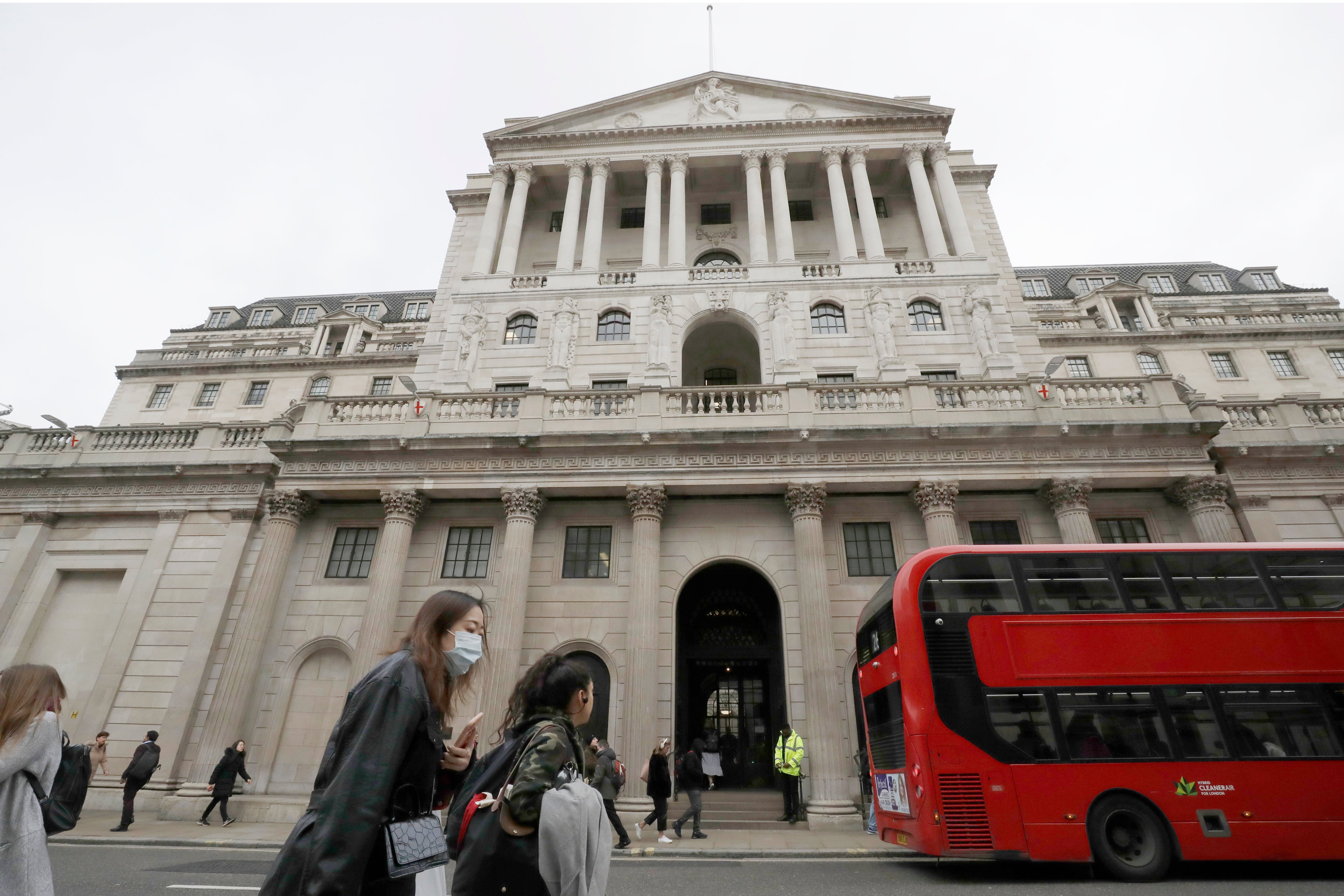UK urged to defer winding down of salary support program
Business leaders and unions have joined forces to urge the British government to maintain a salary subsidy program that is being wound down over the coming months

Your support helps us to tell the story
From reproductive rights to climate change to Big Tech, The Independent is on the ground when the story is developing. Whether it's investigating the financials of Elon Musk's pro-Trump PAC or producing our latest documentary, 'The A Word', which shines a light on the American women fighting for reproductive rights, we know how important it is to parse out the facts from the messaging.
At such a critical moment in US history, we need reporters on the ground. Your donation allows us to keep sending journalists to speak to both sides of the story.
The Independent is trusted by Americans across the entire political spectrum. And unlike many other quality news outlets, we choose not to lock Americans out of our reporting and analysis with paywalls. We believe quality journalism should be available to everyone, paid for by those who can afford it.
Your support makes all the difference.Business leaders and unions joined forces Thursday to urge the British government to maintain a salary subsidy program that is being wound down over the coming months — or else see unemployment rise sharply.
The Job Retention Scheme was introduced at the start of the pandemic last March to ensure unemployment didn't rise substantially when lockdown restrictions were imposed. Under the program, the government paid 80% of the salaries of those workers unable to work because of lockdown measures.
The program helped support over 11 million people but the number now is down around the 2 million mark as many sectors have reopened, notably hospitality. It kept a lid on unemployment, which remains relatively low at around 5%.
On Thursday, that support started to be phased out with companies with staff still on furlough having to pick up 10% of the bill. Further tapering is due over coming months before the scheme is due to end in September.
“Our Plan for Jobs has supported people’s jobs and livelihoods throughout the pandemic and it’s fantastic to see so many people coming off furlough and into their workplaces with our restaurants, pubs and shops reopened,” Treasury chief Rishi Sunak said.
However, there are growing calls on the government to keep the scheme in place for as long as needed.
The British government is hoping to lift all remaining restrictions on social contact in England on July 19 but the recent sharp rise in infections has raised concerns about whether it should, when many people have still to receive at least one dose of vaccine. The other parts of the U.K. — Scotland Wales and Northern Ireland — are taking similar steps out of lockdown.
“The taper of government payments into the furlough scheme should be immediately deferred until we take the final step in the road map," British Chambers of Commerce director-general Shevaun Haviland said.
Some businesses, such as nightclubs and many theaters for example, are still unable to open their doors because of a delay in the reopening plans for England.
“The country has invested billions in keeping people in work ready for recovery, but if ministers ‘pull the rug’ from under businesses too soon jobs will go,” said Steve Turner, assistant general secretary of the Unite union.
The reopening of the British economy has led to a sharp recovery from the deepest recession in 300 years. Inflation has also risen as the pent-up demand built up during the pandemic raises cost pressures in the economy.
Bank of England Gov. Andrew Bailey warned Thursday that inflation in the U.K. is set to remain above target, but that it is likely to be temporary phenomenon, partly linked to richer households spending money saved during the pandemic.
The most recent figures showed the annual rate of inflation in the U.K. at 2.1% following a spike largely in energy prices. The bank's primary aim is to keep inflation at 2%, but it has often let it go higher if it considers the increase in prices as the result of temporary factors.
“It is entirely possible that we will witness temporary periods of excess demand, or what more commonly we might describe as ‘bottlenecks’," he said in a speech in London “There are good reasons to interpret this as a temporary feature, but we must be on the lookout for the risk that these features are more sustained."
At the outset of the pandemic, the bank slashed its main interest rate to a record low of 0.!% and pumped hundreds of billions of pounds into the economy in order to keep money flowing during the stresses of the pandemic.